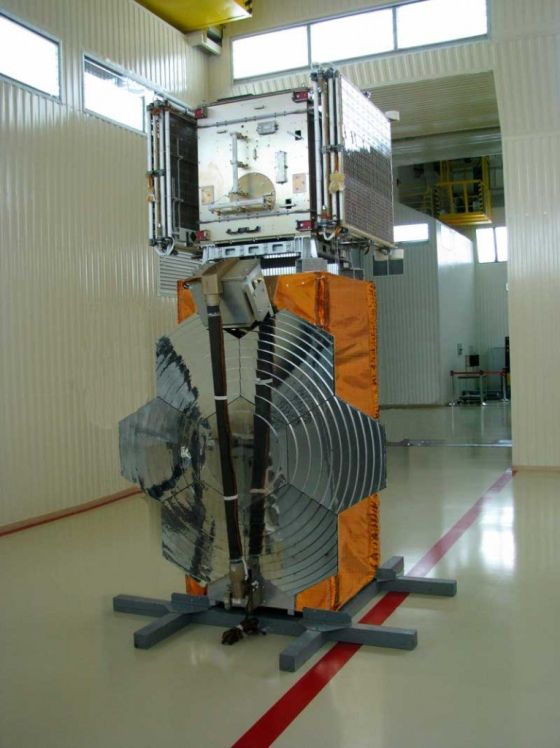The head of Roscosmos Dmitry Rogozin and relevant ministers Valery Falkov and Sergey Kravtsov were appointed responsible
MOSCOW, February 11. /tass/. Russian President Vladimir Putin recommended that Roscosmos, together with the Ministry of Education and Science and the Ministry of Education, discuss the financing and organization of launches of student microsatellites. The corresponding instruction was given following a joint meeting of the State Council and the Council for Science and Education on December 24, 2021.
"To recommend the Roscosmos State Corporation to consider, together with the Ministry of Education and Science of Russia and the Ministry of Education of Russia, issues related to the organization, conduct and financing of work to ensure, in accordance with the established procedure, the associated launches of scientific and educational microsatellites developed with the participation of students of educational organizations and young scientists," reads the text of the instruction published on the Kremlin website.
The head of Roscosmos Dmitry Rogozin and relevant ministers Valery Falkov and Sergey Kravtsov were appointed responsible. They must submit a corresponding report by June 1, and report annually in the future.
In December, at Putin's meeting with participants of the Congress of Young Scientists, representatives of science stated that it was necessary to launch about 20 microsatellites annually, and the program for launching such devices requires support on a long-term basis. The president then promised that he would talk with the head of Roscosmos.
In turn, earlier it was decided to create together with JSC "ISS named after Academician M. F. Reshetnev" a network of laboratories for the creation of small spacecraft in leading Russian universities. Thus, TUSUR, SibSU named after M. F. Reshetnev, BSTU "Voenmeh" named after D. F. Ustinov, Tomsk State University and Tomsk Polytechnic University are already participating in the project. In addition, the Sirius educational center received a license from Roscosmos for space activities, the first two school nanosatellites created by participants of the educational center's programs were in Earth orbit for 2.5 years, a new satellite was sent into space in the spring of 2021.

